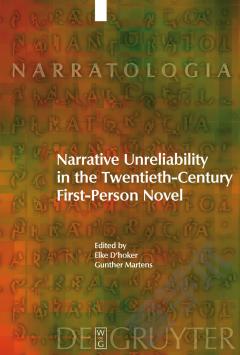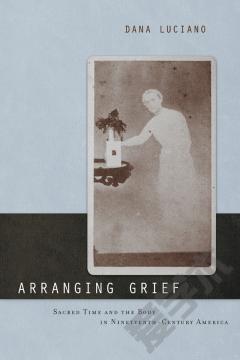Atonement and Self-Sacrifice in Nineteenth-Century Narrative
Introduction: (unmerited) suffering and the uses of adversity in Victorian public discourse 1. 'It is expedient that one man should die for the people': sympathy and substitution on the scaffold 2. 'Fortune takes the place of guilt': narrative reversals and the literary afterlives of Eugene Aram 3. 'Standing for' the people: Charles Dickens, Elizabeth Gaskell and professional oratory in 1848 4. Sacrifice and the sufferings of the substitute: Dickens and the atonement controversy of the 1850s 5. Substitution and imposture: George Eliot, Anthony Trollope and fictions of usurpation Conclusion: innocence, sacrifice, and wrongful accusation in Victorian fiction.
{{comment.content}}








 京公网安备 11010802027623号
京公网安备 11010802027623号